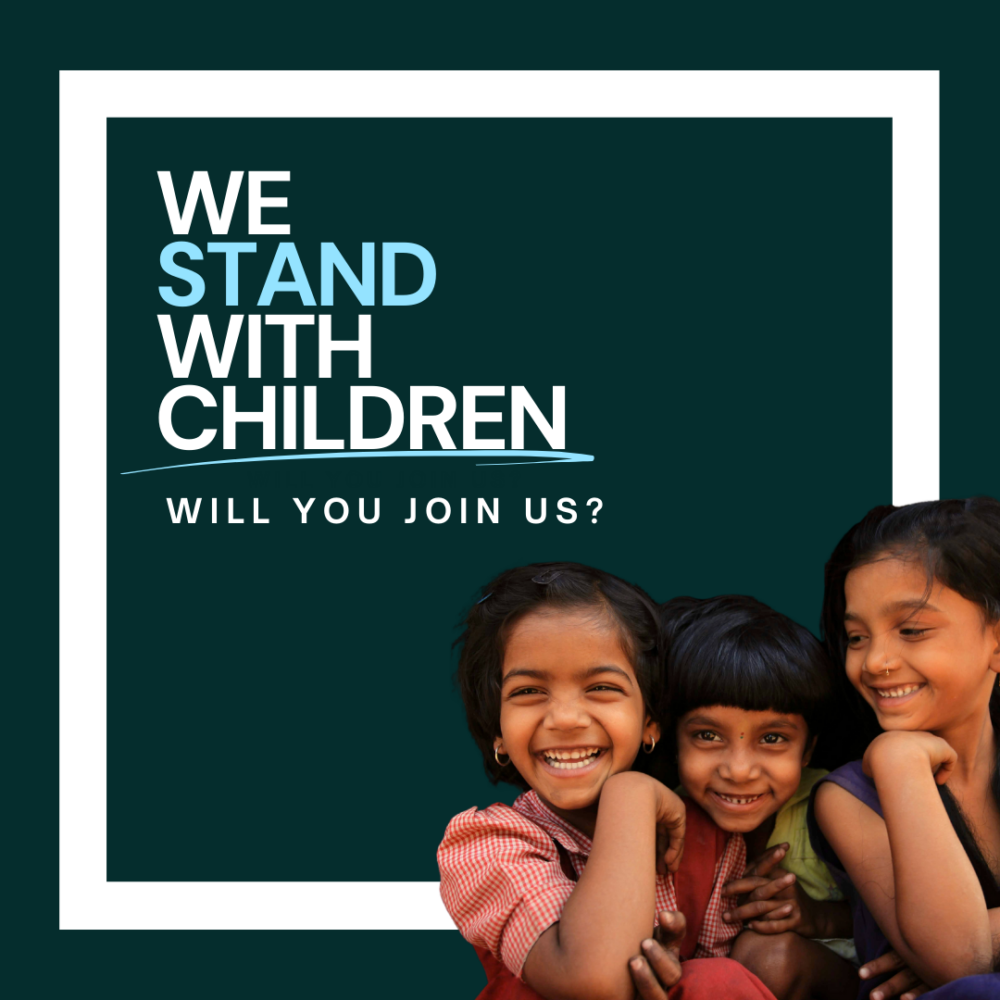Child safeguarding in a global context
In September 2018, GFC published its first Global Safeguarding Policy – a crucial step in operationalizing our commitment to children’s safety and protection. A year later, as our policy undergoes its annual review, we’re asking three GFC team members to share their thoughts on our progress in child safeguarding, what challenges we face, and where we’re headed next.
Why is safeguarding important for GFC?
Bri LaTendresse, Capacity Development Fellow
Due to a systemic denial of status and power and their reliance on adults, children and youth are placed in particularly vulnerable situations. As a child-centered organization, GFC has a responsibility not only to make sure we have a robust safeguarding culture, but to help facilitate a safeguarding culture in our partner organizations.
John Hecklinger, President and CEO
While GFC doesn’t typically work directly with children, we do work with hundreds of organizations working with children and young people every day, and our staff is in the field every day with them. It’s critical for GFC to model good safeguarding practices – first of all, to ensure that we are doing all we can to keep children safe, but also because we want our local partners to have strong safeguarding practices themselves. We’ve got to be very good at this ourselves if we want to help our local partners.
what are you proud of in terms of GFC’s safeguarding work so far?
John Hecklinger, President and CEO
I’m proud of the way we networked with other leading organizations to adopt a policy that fits GFC’s needs and can be a strong example for other organizations. We were effective in connecting with leading organizations, learning about their practices, adapting them, and implementing them in a very thorough and careful way. Our staff and Board understand the importance of this, and we have successfully embedded safeguarding in the culture and values of GFC. In doing all of this, we’ve found ourselves in a leadership role, being asked to advise other organizations on how to implement strong safeguarding policies and practices.
What has been most challenging?
Hayley Roffey, Global Safeguarding Lead
Learning about and adapting safeguarding to a global context is very challenging, because it is so unique in each region in which we work. Some languages do not have a translation for the word “safeguarding” and that represents a significant challenge for our team when trying to support our partners. We’ve done a lot of learning in this area and have collaborated with others in this space. That’s important because we’ll never know everything there is to know and must constantly improve and adapt – the context is always changing.
What’s next for GFC’s safeguarding work?
Bri LaTendresse, Capacity Development Fellow
My position as Capacity Development Fellow just started in August, and helping our partners with safeguarding will be a key part of my work over the next few months. For the first time, we’re requiring our partners to have and implement a safeguarding policy. The first project I’m working on is creating a toolkit for our partners with information on how to create their own safeguarding policies. This toolkit will be a starting point for them to begin the conversation about safeguarding within their organization.
John Hecklinger, President and CEO
It’s on mission for GFC to champion strong safeguarding practice globally. We’re in a unique position to work with local organizations to understand what existing practices work, what can be improved, and what organizations can learn from each other. As our internal practices develop and mature, we will have more and more to share with others.
